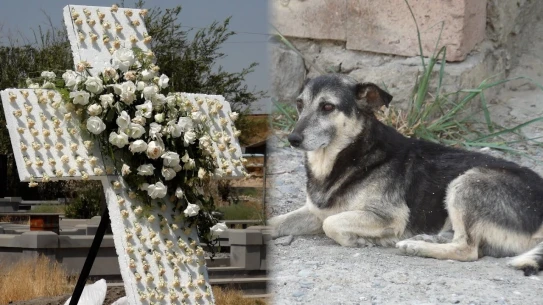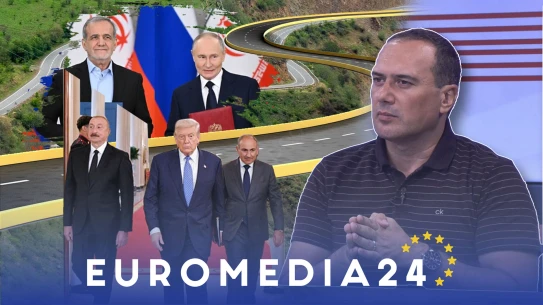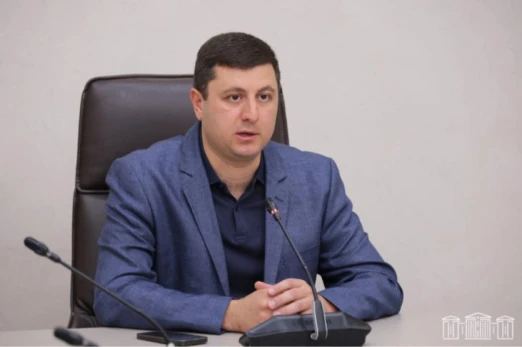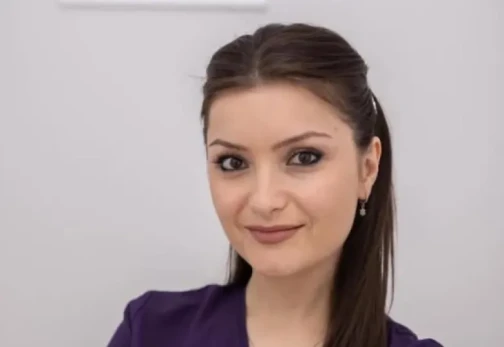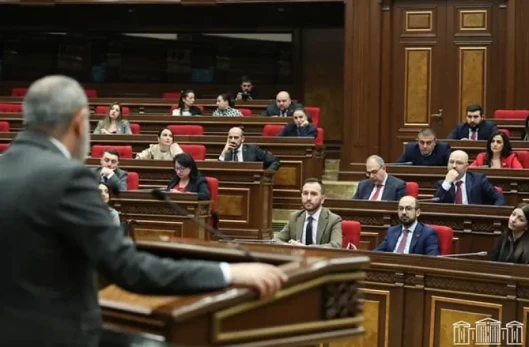"Fact" daily writes:
in 2025 On January 11, the premiere of the documentary "The Price of False Peace" will take place, and from January 14 it will be shown in cinemas.
We talked with Harutyun Harutyunyan, the producer of the film, the director of "Channel Five" TV Company, about its creation.
He notes that in April he learned that a film about 1918 is being made in Armenia with the help of a foreign grant. about Armenian-Turkish relations.
"I realized that they are going to wrap something new around our heads. I was interested in the topic, and we collected so many interesting facts from the archives that it would be a shame not to touch on the events of this period. We didn't have a budget, but we had a team.
I gathered people and said: There is such an idea, can we implement it?
The team members decided that this idea must be implemented, and we got down to business," says Harutyunyan in a conversation with "Past".
He notes that the film will be about nine months old on the day of the premiere. "We have been working non-stop on this film for nine months. I can proudly say that no such quality documentary film has been made in Armenia :
This is a documentary film, where there is no author's text.
The film will speak to the audience through the lips of those present in the period. This is the advantage of the film, we did not want to have an author's text, there might be inconsistencies, which could be seen as a propaganda trick, etc.
If we do not refer to the sources, the viewer will think that it is a specially written script. But the film is based on people, press memoirs and publications of the given period," adds our interlocutor.
He emphasizes that the film used high technologies of three-dimensional animation, innovative solutions of artificial intelligence and other technical tricks, which was combined with feature shots.
The film in 1918 It is about the short period from April 11 to May 25. It presents what happened in Armenia during those days, how and why Kars was surrendered, what mood prevailed in Armenia, and then what happened to Alexandropol.
When Armenia declared its independence after the Battle of Sardarapat, Alexandropol was no longer part of Armenia. The Armenian authorities at that time only had a consulate in Gyumri.
The most important "message" of the film is the following: now is a war against memory, this film is for the recovery of memory. We forget or do not remember what happened two days ago, because today the whole world rules that trick - "switch off". people's memory, textbooks are changed, historical events and relationships are "re-edited".
But if you want to live and have your place under this sky and sun with your state, you should not run away from your history, you should not forget it.
What we show in this film is the recovery of memory, and it is not even written about in the textbooks of the Soviet period.
Perhaps, when historians defended their doctorates or master's theses, they studied that period, but in public schools, in our history textbooks, this is not even mentioned in a single paragraph.
This film is both a restoration of the memory of what happened to us, what our people were like, and an undisguised "message" to learn from history. We do not draw parallels with our days, but anyone who watches this film will "appear" in our in days.
We documented the period, we show what happened to us, what was the state of the people, by the way, there was a question of a peace treaty with the Turks after the surrender of Kars, that's why the film is called "The Price of False Peace".
And as a result, Alexandropol was destroyed," says the film's producer. Now the film is translated into English, not with "titles", but with a sound version.
According to Harutyunyan, there is a desire from famous universities to show it for their foreign students.The film will be in three languages: Armenian, Russian, English, in the case of Armenian, with English subtitles.
We conclude the conversation with this question: will the film raise questions or give answers? Everything is left to the audience.
"We are very neutral in everything. The factor of subjectivity is excluded," concludes Harutyunyan.
Lusine Arakelyan
















